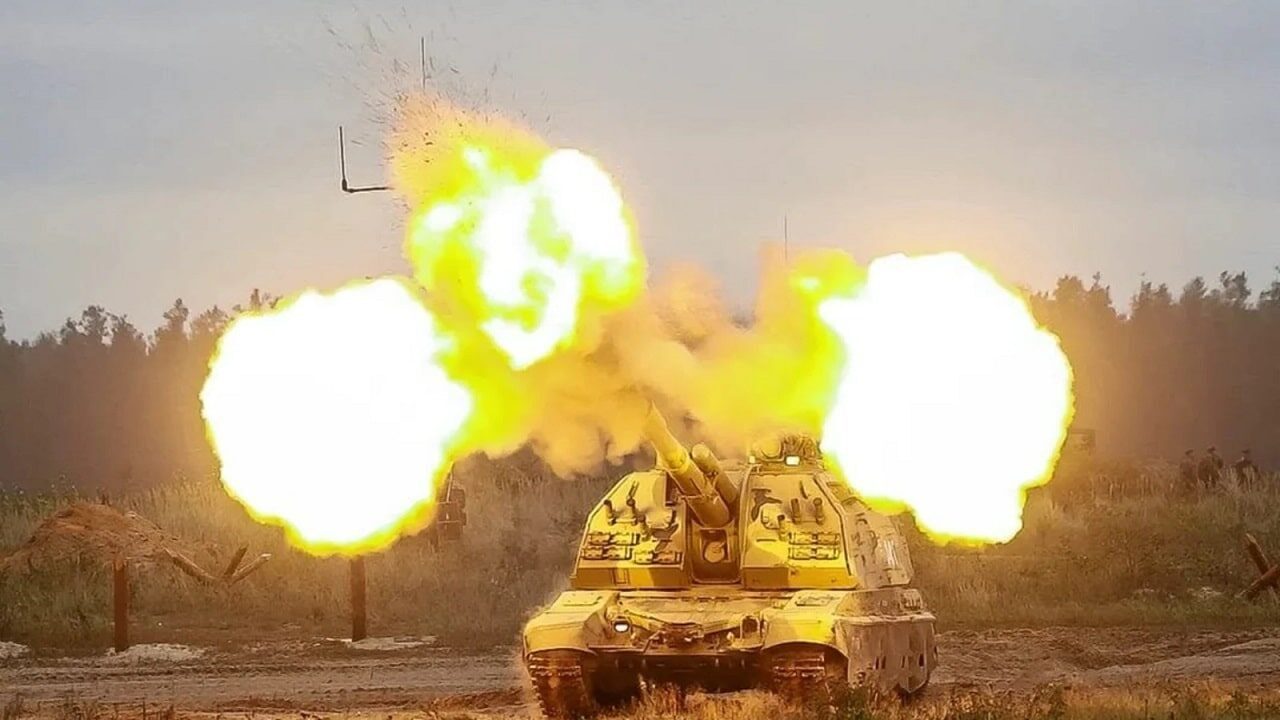The Russian invasion of Ukraine has brought an unprecedented, for modern times, backlash from the international community. A coalition of more than 37 countries, led by the United States, has imposed heavy sanctions on pretty much all aspects of the Russian way of life.
From the defense and aerospace industry to major financial institutions to oligarchs and individual family members of Russian President Vladimir Putin, the Western sanctions have restricted the Russian military and population in several ways.
For example, Russian commercial planes are prohibited from flying through the airspace of almost all of Europe.
Western Sanctions on Russia
The U.S. State Department came out with a report on the impact of sanctions and export controls on Russia. Since the war started on February 24, the U.S. alone has imposed approximately 2,250 sanctions (1,500 new and 750 amended) on Russia.
Some of the Western sanctions have targeted the Russian oil and natural gas industry by denying exports and/or transfer of oil refining products to Russia or Belarus, which is essentially a Russian proxy. Others have focused on luxury goods, imposing license requirements that prohibit the sale of those items in Russia, a measure intended to target the Russian oligarchs.
But what exactly has been the impact of the Western sanctions on Russia?
The Impact of the Western Economic Warfare over Ukraine
We should probably start by saying that some of the sanctions will take a long time to be effective.
For example, it is hard to judge the impact of a restriction on the travel of Russian citizens to Europe and to the U.S. Maybe the lack of movement and the opportunities, such as professional, personal, or academic, that often accompany travel will push more Russians against Putin and his authoritarian regime. Or maybe they will steer a nationalistic response by the Russian people and push them toward Putin.
Perhaps the Russian economy is the easiest target to gauge the effectiveness of sanctions and export controls.
According to the International Monetary Fund, the Russian economy is set to contract by approximately three percent this year. Moreover, a lot of the measures, especially those targeting the economy and financial sector, against Russia will mature over time. Foreign capital will be hard to come by as the prospects of doing business in Russia are unappealing, to say the least.
The U.S. and the West have also frozen more than $300 billion worth of assets owned by the Russian Central Bank, thus denying those funds from directly or indirectly supporting the war effort in Ukraine.
Here are some of the effects on the Russian economy and industry, according to the State Department assessment:
“Major supply shortages for Russian forces in Ukraine are forcing Russia to turn to less technologically advanced countries such as Iran and North Korea for supplies and equipment.
– Russia is struggling to import semiconductors and other key components. Export controls have forced Russia to cannibalize existing airline parts they can no longer access abroad.
– Russia’s military aviation program has been cut off from resupply provided by global aviation trade.
– Russia has reverted to Soviet-era defense stocks because our measures have interrupted Russian companies’ abilities to replenish domestic supply chains.
– Exports on certain goods and services, including dollar-denominated banknotes, accounting, management consulting, quantum computing, and trust and corporate formation services to persons located in the Russian Federation are now prohibited.”
Expert Biography: A 19FortyFive Defense and National Security Columnist, Stavros Atlamazoglou is a seasoned defense journalist specializing in special operations, a Hellenic Army veteran (national service with the 575th Marine Battalion and Army HQ), and a Johns Hopkins University graduate. His work has been featured in Business Insider, Sandboxx, and SOFREP.

